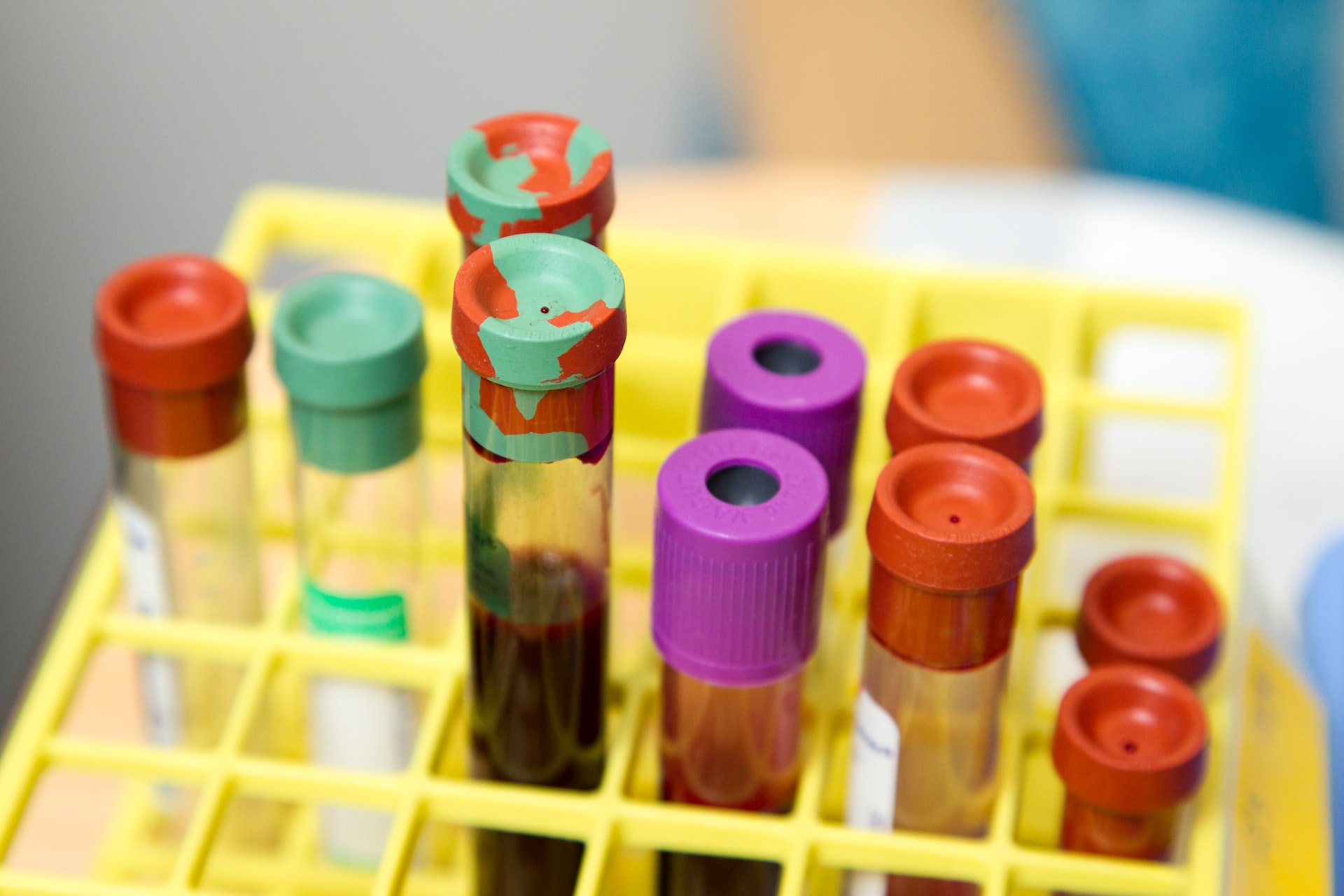
What is a monocyte? What does High and Low Monocyte mean in blood analysis?
Monocyte (MON) is formed in the bone marrow and is the basic building block of the immune system. Monocyte fights cancer, fungus and inflammation and is essential for health. So what do high and low monocytes mean in a blood test?
Monocytes directly affect the immune system. It is very important that the monocyte values in the white blood are within the reference range in the blood test. Some problems arise when the value of monocytes decreases or the value of monocytes increases.
What is a Monocyte?
Monocytes present in the white blood form part of the white blood and are therefore very important.
Monocyte (MON) cells fight infections and are the largest cell in the white blood. MON successfully fulfills the task of combating foreign substances and removing dead cells from the body.

What Causes Monocyte Height?
In case of parasite or bacterial growth in the body, MON elevations can be seen in heart diseases. There can be many different reasons for the rise.
- Tuberculosis disease
- Lung diseases
- Cardiovascular disease
- Obesity
Common symptoms when MON values increase;
- Excessive weight gain or rapid weight gain is indicative of an ascent.
- A decrease in body resistance and constant fatigue may be indicators of increased MON values.

What Causes Low Monocyte (MON)?
Monocytes are found in the bone marrow. Therefore, events affecting the bone marrow may also directly affect the decrease in MON. The cause of low MON should be determined well and correctly and steps should be taken accordingly.
Serious diseases such as anemia, B12 deficiency and leukemia cause low monocytes.
Monocyte depletion often occurs during periods of intense stress. In addition, diseases that directly affect the immune system such as lupus and tuberculosis are among the causes of monocyte depletion.
Rheumatoid arthritis and viral infections directly affect the decrease in MON values.
Common symptoms of low monocytes;
- Breathing problems may occur in low MON.
- Experiencing prolonged weakness and fatigue can be an indication of low MON.
- Frequent and prolonged infections indicate low MON.
- The feeling of powerlessness is the most important symptom of the decline in these values.
What Should the Monosti Value Be?
A hemogram is required to determine the amount of monocytes in the blood.
Monocyte values obtained as a result of complete blood count;
- If below 4%, low MON
- Between 4% and 4% is normal
- High if over 4%







